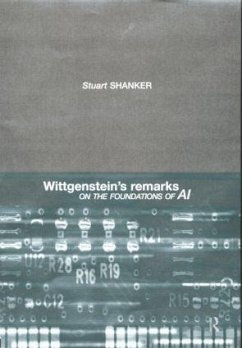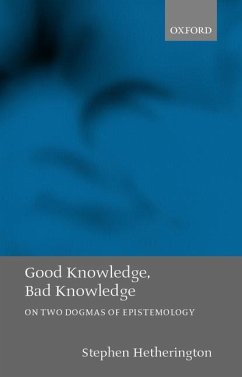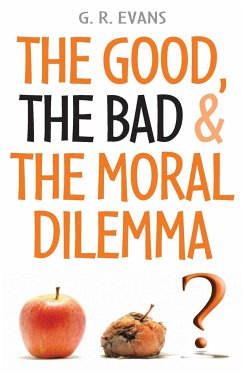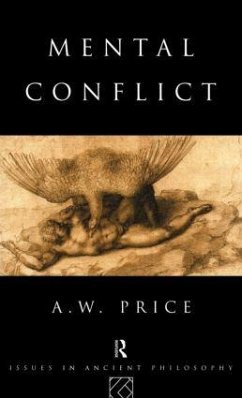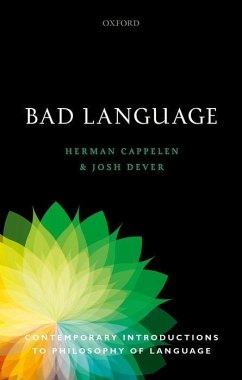
The science of "good" and "bad" numbers
Collection of articles
Versandkostenfrei!
Versandfertig in 1-2 Wochen
18,99 €
inkl. MwSt.

PAYBACK Punkte
9 °P sammeln!
Science does not believe that some numbers are "bad" and others "good", but this opinion exists in religious-mystical thinking. Some examples. 3. The notion of the "divine trinity" is a reflection of the fact that there is a monogamous family. The father, mother and child, the role of mother is downplayed due to the domination of the patriarchate; instead of mother, the Holy Spirit borrowed from Zoroastrianism. 13. A bloody dozen. Hell - a representative of the "wrong" pagan religion, who wore animal skins, horns, on his legs like hooves - originally in order to get closer to animals and catch...
Science does not believe that some numbers are "bad" and others "good", but this opinion exists in religious-mystical thinking. Some examples. 3. The notion of the "divine trinity" is a reflection of the fact that there is a monogamous family. The father, mother and child, the role of mother is downplayed due to the domination of the patriarchate; instead of mother, the Holy Spirit borrowed from Zoroastrianism. 13. A bloody dozen. Hell - a representative of the "wrong" pagan religion, who wore animal skins, horns, on his legs like hooves - originally in order to get closer to animals and catch them. 12 - "a dozen", from "sudzhat" - that is "soak", number 12 is divided into many numbers, and 13 is not divided into anything - it turns out "a damn dozen". 40. The ancient tribes of Indo-Europeans lived for millennia in the area of the northern polar circle, where the polar day lasts 40 days, and the Sun was a god. 666. The apocalypse, the number of the beast. At many peoples of antiquity, and including at Jews, numbers were designated by different letters of the alphabet, in Hebrew words read from right to left: nun (50); wav (6); rash (200); nun (50); rash (200); samekh (60); kuf (100) in the sum of numerical values and give number 666, it turns out emperor "Caesar Nero".



